
Search

Search

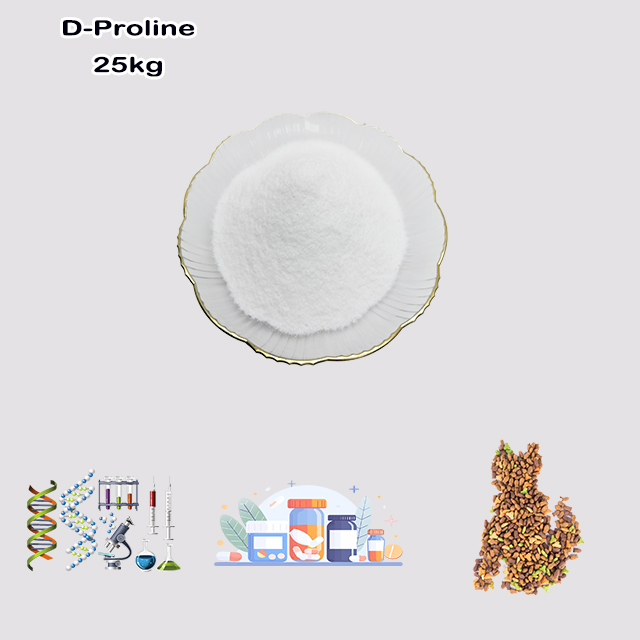
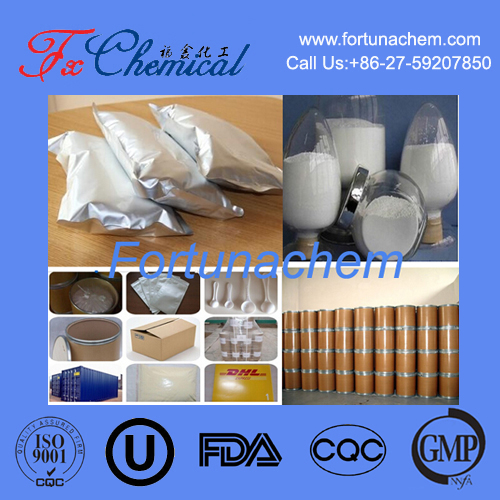
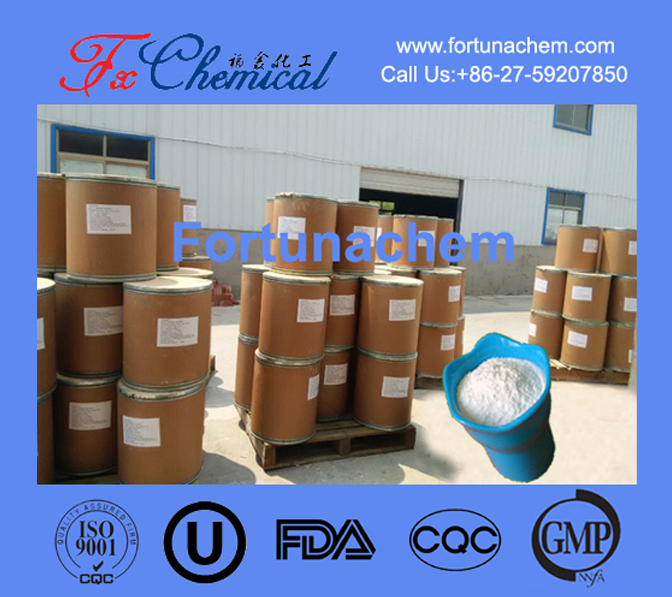
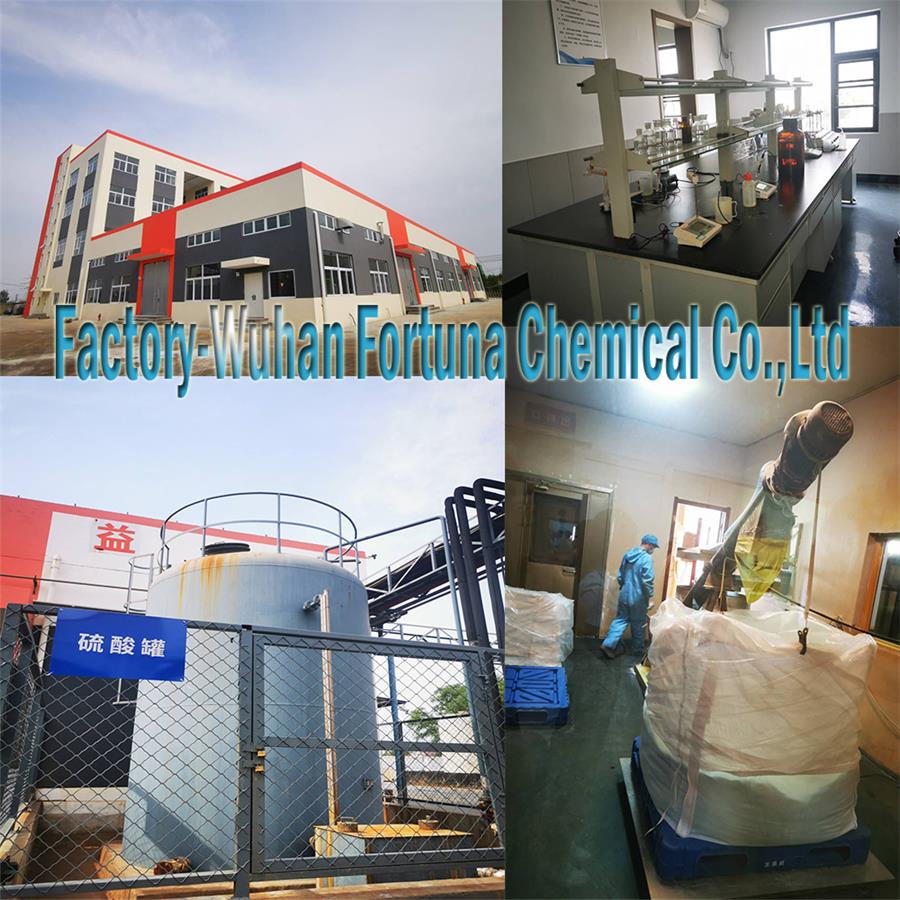
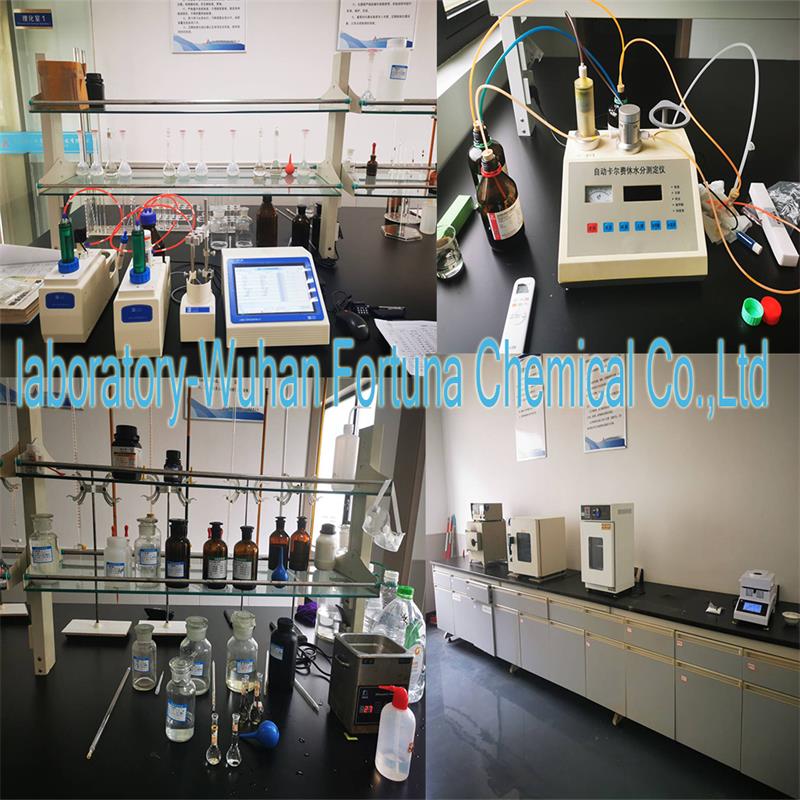





D-Proline is the D-enantiomer of proline, an amino acid that is unique in its structure compared to other standard amino acids. Here’s a detailed look at its characteristics:
Chirality: Amino acids can exist as two mirror-image forms known as enantiomers: D- and L-. These forms are stereoisomers, meaning they have the same molecular formula but differ in the three-dimensional arrangement of their atoms.
Cyclic Structure: Proline is unique among amino acids because its side chain is bonded to both the nitrogen atom of the amino group and the alpha carbon, forming a cyclic structure. This cyclic structure gives proline distinct properties in protein folding and stability.
D-Form: The "D-" in D-Proline refers to the configuration of the molecule around the chiral carbon. Most naturally occurring amino acids in biological systems are in the L-form. However, D-amino acids like D-Proline are used in specialized applications, often synthesized chemically or found in specific microorganisms or peptides.
Items | Specifications | Results |
Appearance | crystalline powder | Complies |
Specific Rotation | +83.5°~ +86.5° C=4,H₂O | +84.15° |
Isomer purity | ≤0.3% | 0.17% |
PH | 5.9-6.9 | 6.8 |
Other amino acids | ≤0.5% | Complies |
Residue on lgnition | ≤0.3% | 0.21% |
Water | ≤0.50% | 0.30% |
Assay | ≥98.5% | 99.22% |
Conclusion | The product by inspection accords with the standard In-house. | |
D-Proline is the D-enantiomer of the amino acid proline. It has several key applications across various fields:
### 1. **Pharmaceuticals and Drug Development**
- **Chirality in Drug Design**: Many drugs are chiral, meaning they exist in both D- and L- forms. D-Proline is used in the synthesis of specific chiral drugs. The D-form can enhance or modify the activity of a drug or reduce side effects.
- **Peptide Drugs**: In peptide-based drugs, D-Proline is often used to increase the stability of peptides by making them more resistant to enzymatic degradation. This can enhance the bioavailability and half-life of peptide drugs.
- **Prodrugs**: D-Proline is sometimes included in prodrugs to improve drug solubility, bioavailability, or targeting properties.
### 2. **Catalysis and Stereoselective Synthesis**
- **Asymmetric Synthesis**: D-Proline is used as a chiral catalyst in asymmetric synthesis, which is crucial in producing molecules with high stereospecificity, especially for creating pharmaceuticals with desired enantiomers.
- **Organocatalysis**: D-Proline is an important organocatalyst for reactions such as the aldol reaction, enabling the production of enantiomerically pure compounds.
### 3. **Biotechnology and Biochemistry**
- **Peptide and Protein Studies**: In structural biology, D-Proline is used to study peptide and protein folding and stability. Substituting L-Proline with D-Proline can alter the secondary structure of peptides, offering insights into folding dynamics.
- **Enzyme Inhibition**: D-Proline can be used to study the stereospecificity of enzymes. Some enzymes may specifically interact with either the D- or L-form, and D-Proline can be used to probe these interactions.
### 4. **Materials Science**
- **Polymer and Nanomaterial Synthesis**: D-Proline can be used in the development of biomaterials and polymers, where the chirality of the molecule might influence the material's properties.
### 5. **Analytical Chemistry**
- **Chiral Separation**: D-Proline is often employed in chromatography techniques, such as chiral HPLC, to separate enantiomers of other chiral compounds due to its distinct stereochemistry.
In summary, D-Proline is valuable in fields requiring control over molecular chirality, stability of peptides, and enantioselective synthesis, particularly in pharmaceutical and biotechnology applications.
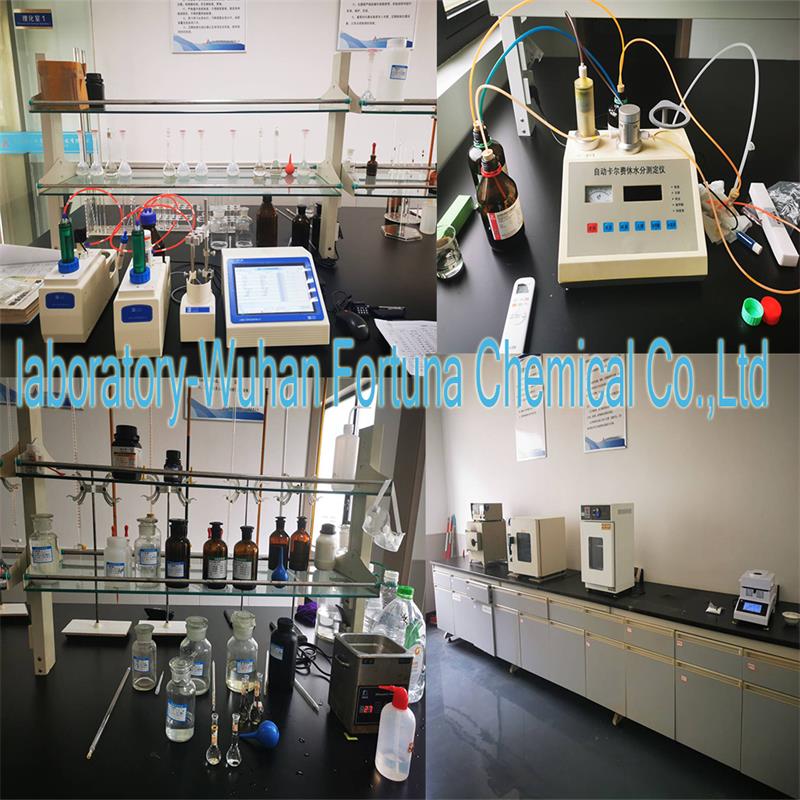
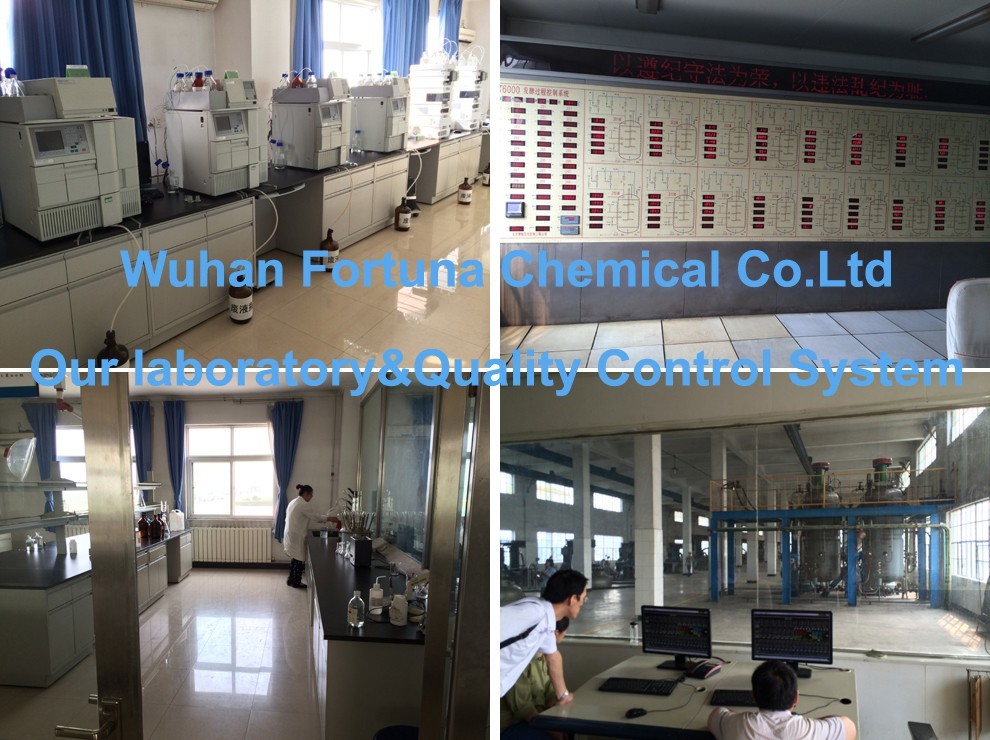
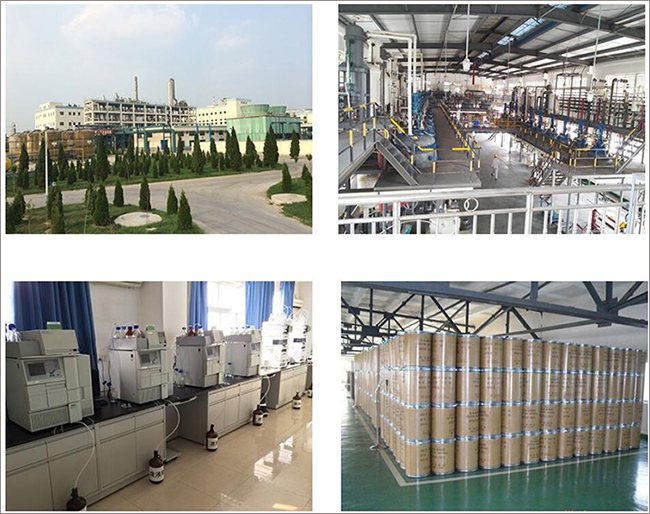

Fortunachem Provides Not Only Professional Chemical Products But Also Professional Help

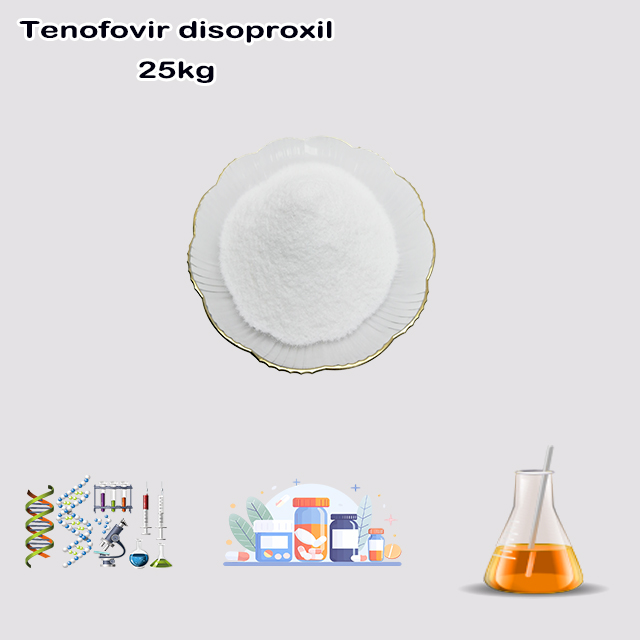
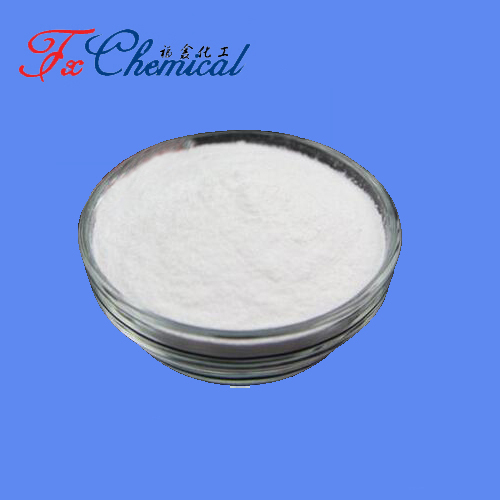

Keeping you up-to-date with all the latest information, news, and events about Fortunachem!

Quick Links
Add:
E-mail:
 English
English  Español
Español  français
français  العربية
العربية 


